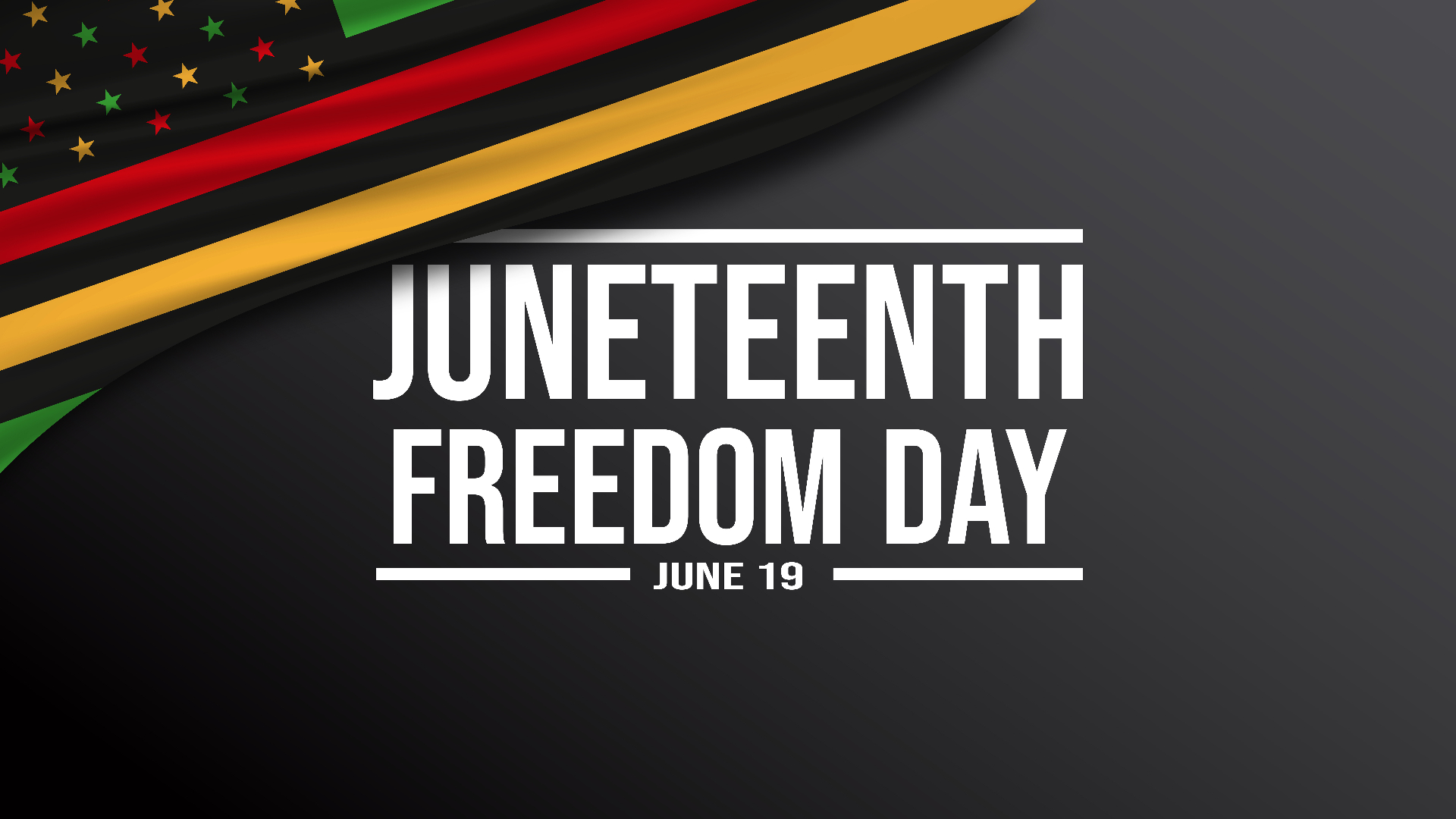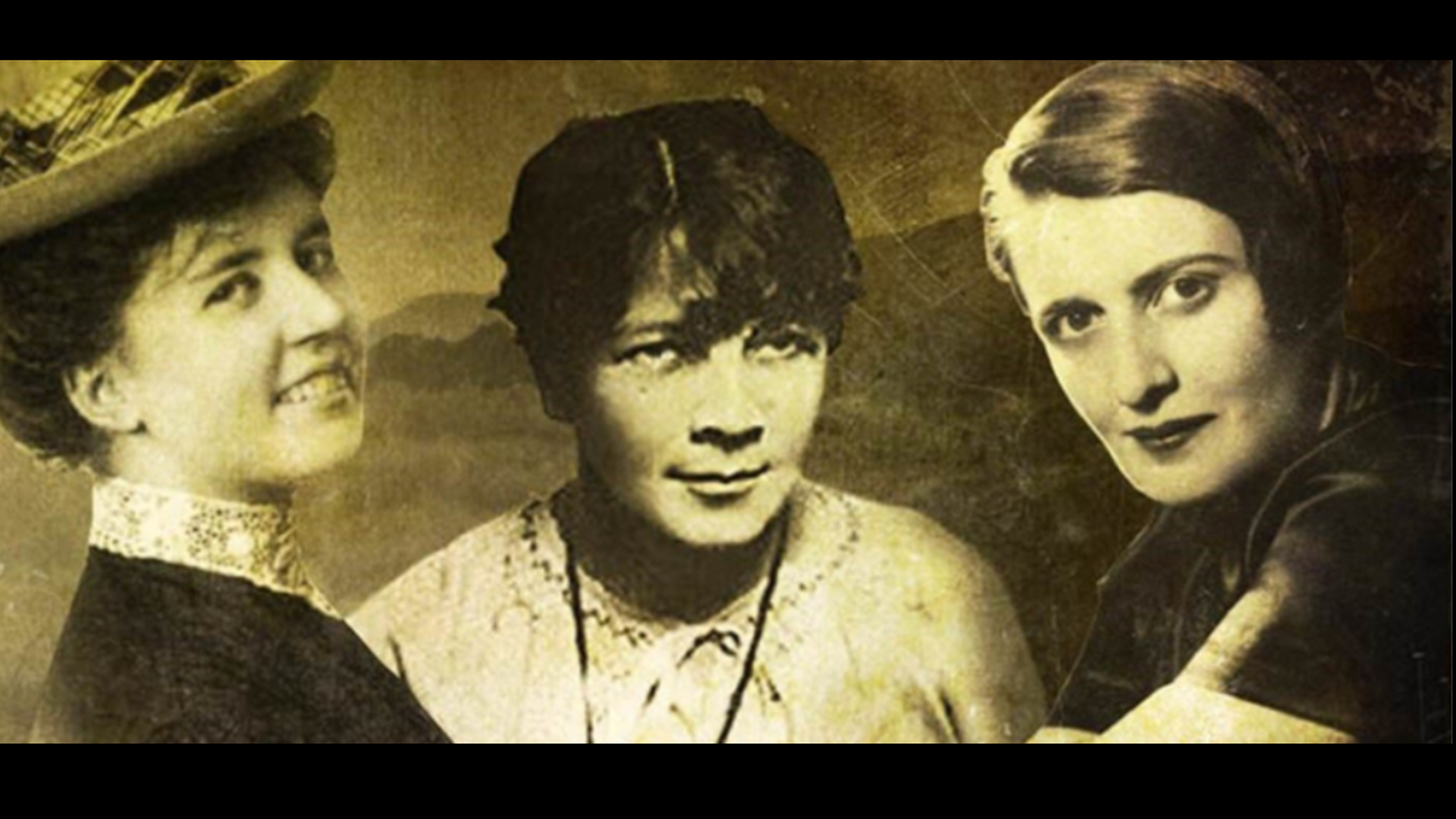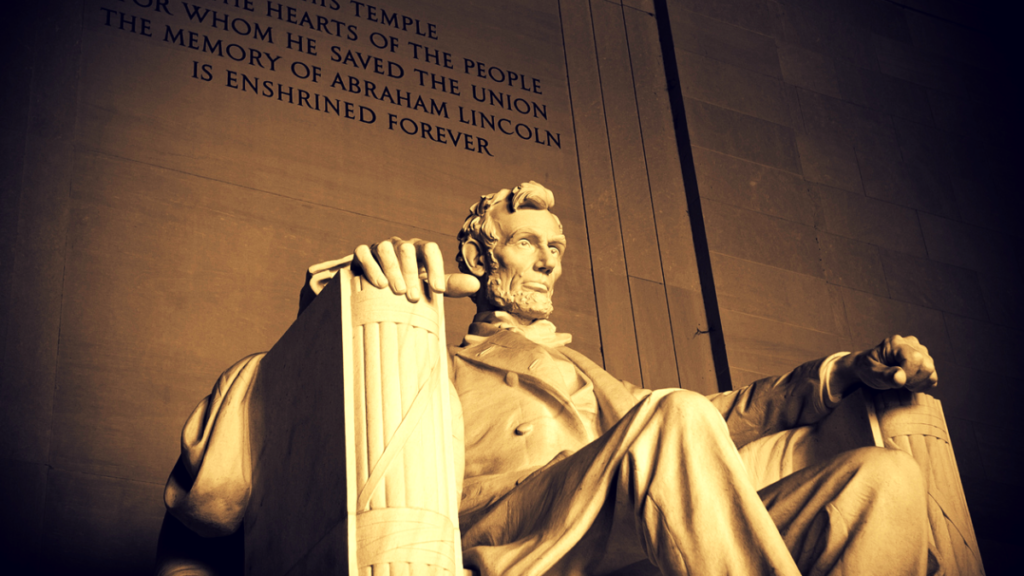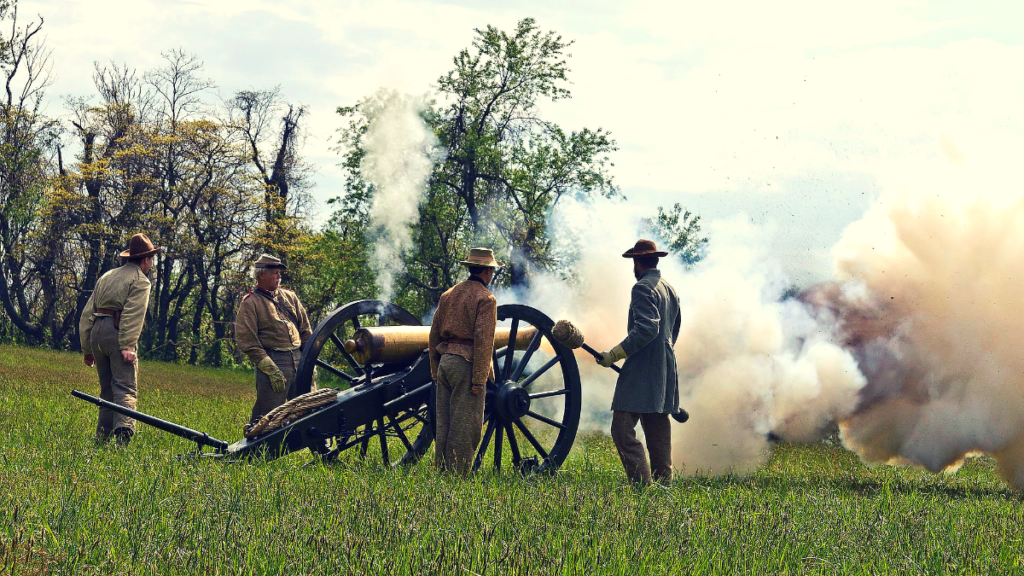Tag: slavery


A classical liberal perspective on the significance of Juneteenth
June 19, 2023 | Post
Juneteenth has long served as an occasion to commemorate and celebrate the end of slavery in the American South. What are the key points involved in America’s newest federal holiday from a classical liberal perspective?

Women’s History Month: Meet 12 women who’ve contributed to a freer future
March 8, 2023 | Post
This Women’s History Month, let’s take a look back at 12 remarkable women who’ve paved the way for individual liberty and a freer future.

Top 5 myths about Abraham Lincoln’s Emancipation Proclamation
February 12, 2023 | Post
Abraham Lincoln’s Emancipation Proclamation of January 1, 1863, declaring the slaves of the rebellious southern states “forever free,” is probably the most important event of his presidency or even his life. But most people — including a few professional historians — get the Proclamation wrong.

The dark side of the Qatar World Cup
November 28, 2022 | Post
The idea of excusing Qatar’s terrible human rights abuses on the grounds of cultural differences is not only anti-liberty and anti-reason. It is disingenuous and utterly reprehensible.

Tear down those statues
December 14, 2017 | Post
I have tried to avoid saying much about the “Confederate statues” kerfuffle. That’s partly because the issue is more complicated than it’s often made out to be.

The bell curve of anti-slavery
February 19, 2017 | Post
Abolitionism is one of the complex historical topics that is always over-simplified in textbook accounts of history.

What should libertarians think about the Civil War?
January 1, 2017 | Post
Instead of looking for a “side” to champion, we are better served by recognizing that even amid the unbridled horrors of slavery and the devastation of war, there may still be a few who are fighting for something better than their country’s cause.

Capitalism & slavery
December 15, 2016 | Post
The most far-fetched myth that I’ve encountered recently is that the wealth of the modern Western world, especially that of the United States, is the product of slavery.

Here are 7 lesser-known classical liberal thinkers for your World Philosophy Day
November 17, 2016 | Post
Here are seven criminally underrated philosophers to celebrate this World Philosophy Day.

Senate Votes for Equal Slavery for Women
September 9, 2016 | Post
“Americans are so enamored of equality that they would rather be equal in slavery than unequal in freedom.” – Alexis de Tocqueville

Americans Owe It to Themselves to Consider Reparations for Marginalized Minorities
June 22, 2016 | Post
Property rights are key for a free society. Since they set out what belongs to whom, they are the foundation for human freedom. Property norms tell us who can do what, with what, and to whom. When securely guaranteed, property rights offer a basis (if not the best basis) for predictability and stability. As social […]

The surprising, radical message of Don Quixote
June 4, 2016 | Post
Given the relatively few examples of true liberty from real life, some of the best expressions of liberty have often come from novels. These literary works not only captivate our minds but also inspire us to envision a future where the individual, rather than the government and its agents, holds the reins of human action. […]

This Year’s Passover Is an Especially Good Time to Celebrate Freedom from Slavery
April 27, 2016 | Post
This week marks the Jewish holiday of Passover, which, at least in part, celebrates freedom from slavery. As we observe it, let’s not forget those who fought for freedom in our own country. For instance, this year’s Passover follows last week’s announcement from the U.S. Treasury that abolitionist Harriet Tubman will be featured on the […]
Quote of the Day
February 9, 2016 | Post

Trivia: What's in a name?
November 12, 2015 | Post
Did you know Frederick Douglass took his name from the hero of Sir Walter Scott’s epic poem, The Lady of the Lake, the leader of the Scottish clan Douglas? Born Frederick Augustus Washington Bailey, Frederick changed his last name to Johnson to avoid being discovered and returned to slavery, then later changed his last name […]

